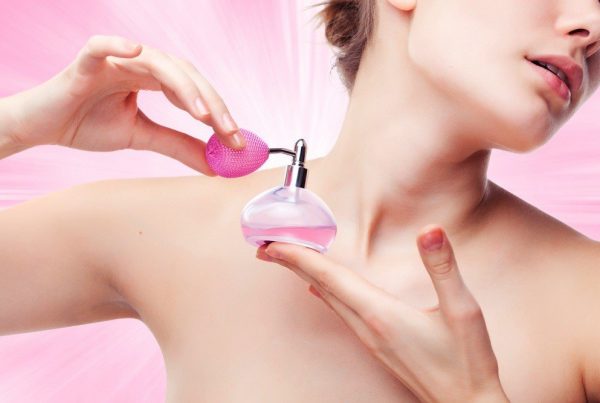When it comes to the latest and most innovative beauty trends, brands are diving deep into marine-based skincare.
Home to a rich and vast biodiversity, the ocean has provided numerous potential skincare ingredients. Through a process known as thalassotherapy, researchers have begun to use these ingredients for cosmetic purposes. These oceanic ingredients include algae, sweater, and seaweed.
Luxurious skincare brand La Mer has based a lot of its products on marine ingredients and other beauty brands are even featuring Sea Fennel stem cell extractions in their products due to its ability to encourage the skin’s production of stem cells. Also, Restørsea has based its entire brand on salmon eggs.
“When baby salmon are born, they release an enzyme in order to get out of their shell. It dissolves the dead skin cells but allows the living cells to thrive.” explains Restørsea CEO Patti Pao to Harper’s Bazaar in 2014, “The constant exfoliation makes skin glow without the side effects of traditional enzymes such as glycolic acid,”
We’re breaking down marine-based ingredients to better understand why our favorite beauty brands are diving so deep.
Marine-based Skin Care Ingredients
Algae
Algae (seaweed) is extremely rich in antioxidants, minerals, and amino acids. This is why it’s been so heavily featured in skincare products.
“In 2016 alone, 40% of US millennials reported to have used skincare products containing seaweed – highlighting the popularity of marine algae,” explained ELEMIS founder Noelle Gabriel to Glamour.

Red, green, or brown – each type of algae has been linked to improved skin health.
Algae contain vitamins B, C, and E – all of which help to protect the skin from the aging effects of environmental stressors such as sun damage and pollution, brighten hyperpigmentation and encourage the production of collagen. Additionally, algae also contain humectants and this allows it to keep the skin hydrated. Also, the high concentration of protein and amino acids helps to encourage a youthful and plump appearance.
Algae also contain minerals that help to protect the skin against free radicals by strengthening the skin’s epidermal barrier.
Caviar
Recognized as a pricey, culinary delicacy, caviar (which is essentially fish eggs) is the latest marine ingredient found in skincare.
It helps to firm and hydrate the skin as well as encourage cell turnover. This then leaves the skin looking younger and brighter. Also, the effects of caviar are not just limited to the skin as some brands have begun to use caviar extracts in their hair care products.
Fish Collagen
As we know, collagen is a protein in the body that helps to keep the skin firm and supple. Unfortunately, its levels decrease as we age.

According to a study published in the journal Food and Nutrition Sciences, fish collagen may be the most effective form of collagen out there, especially when you consider that it can easily be absorbed into the skin. Extracted from fish oils and scales, it is incredibly hydrating and it also eases the appearance of fine lines and wrinkles.
Plankton
Planktons are small marine organisms that are regularly enjoyed as food by a number of aquatic animals. Recently, their nutritional value has them being featured in skincare products.
Rich in essential fatty acids, it helps to reduce the appearance of aged skin and protect the skin against sun damage.
Sea salt
Salt is regularly listed as an ingredient in cosmetics due to its exfoliating abilities. Furthermore, sea salt also contains magnesium and calcium, which allows it to hydrate the skin and reinforce its barrier.
Seawater
Home to all the above-listed ingredients, it’s no wonder that seawater will benefit the skin.

Seawater contains a similar chemical composition and mineral concentration to our blood plasma, which is great as proper mineral levels help to maintain the appearance of healthy skin.
Additionally, seawater helps to unclog pores, encourages cell regeneration, and even proper lymphatic drainage and circulation.
Want to know more?
Similar to marine-based skin ingredients, the demand for clean beauty is also steadily growing. However, with the term used so loosely, do consumers really know what it means?



![women [longevity live]](https://longevitylive.com/wp-content/uploads/2020/01/photo-of-women-walking-down-the-street-1116984-100x100.jpg)










